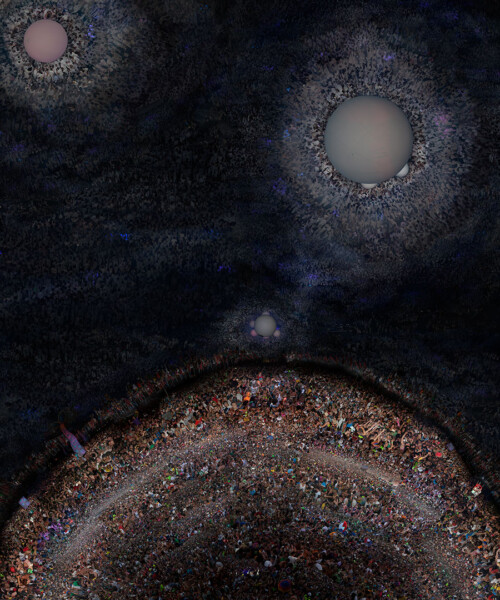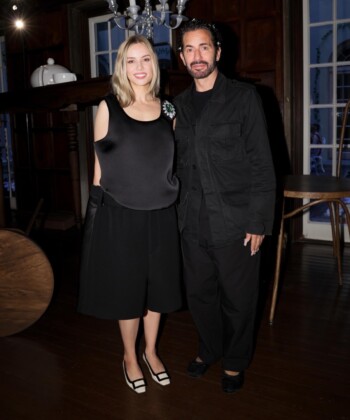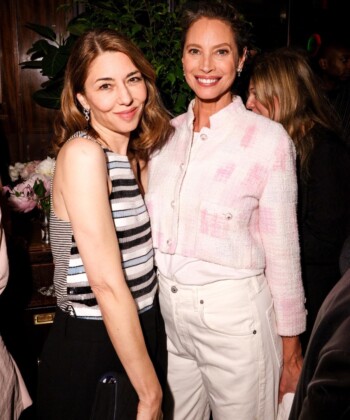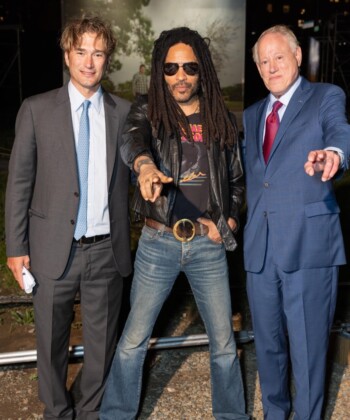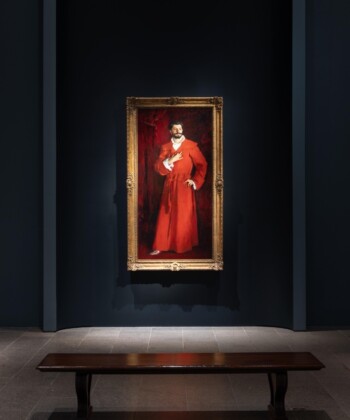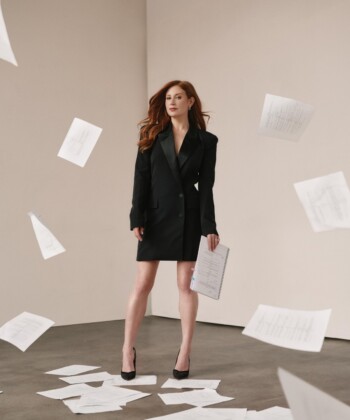If you visit A+E Studios in Lower Manhattan through the end of this month, you’ll find millions of faces staring back at you. The large-format canvases will first appear blurred, a collection of explosions in skin-toned pointillism, but take a step closer and you’ll see each canvas isn’t a Pop art painting of a crowd of people, nor even a single photograph. Instead, each image is comprised of hundreds and hundreds of photos carefully interwoven together into a collage, fitting thousands of tiny details into each frame and somehow both highlighting and downplaying global individuality at the same time.
Artist Felix R. Cid traveled to music festivals and concerts across the globe to create the work now on display in his exhibition, simply titled “X.” A lifelong nightlife veteran who grew up in the early music scene of Madrid and worked in the clubs of Ibiza, Cid aims to raise confusion about where each photograph starts and ends, his collages a representation of human homogeny.
“I knew I was free,” he told DuJour recently at the gallery, “that I had the possibility to tell a hundred million stories instead of just one story in one single frame.”
Cid shoots hundreds and hundreds of photographs for each collage, poring over every single in-focus shot to select the details from each that he will add to the master collage. “I start accumulating images to make something like a painting, then it starts making sense,” he says of his process. “Or it doesn’t, and then you throw it away.”
He estimates it takes about 200 to 300 hours per canvas, and the dedication shows—Cid knows every single detail about every single collage, no matter how small or insignificant the moment. He’s even recognized people he knows while looking through the photographs, people he didn’t even realize would be at the festival. Cid is quick to disassociate any image with a particular event, preferring instead to keep his photography separate.
Though similar in composition, each of the final images has its own abstract artistic quality. Some appear to have layers, an effect achieved with juxtaposing upside-down images of the crowd with those right-side up, others use shadow to draw the eye to different parts of the scene. “The form of the piece never changes, the image is the same,” explains Cid, “but it’s true that your perspective and understanding of the people in the picture changes when getting closer.”
The photographs serve as a visual reminder of our shrinking globe, that someone can go to an event in New York and meet people who traveled there from London, from Germany, or from Japan, and the same ambiguity applies to his work. “I can tell you this image was made in Paris and another is made in Detroit,” he explains, “but I could also tell you the same ones were made in Sydney or Tokyo. You’d never be able to tell the difference.”
“Festivals themselves somehow create an alternate reality,” says Cid of the phenomenon, mentioning that festivalgoers will rarely buy a CD of the music they actually even hear—they’re there for the shared experience. “The chemical balance of the people there is affected, whether it’s by just the lighting and music or by drugs. It’s a place that everyday life looks nothing like, where everyday life doesn’t exist. It’s an avant-garde factory.”
“This one, I would have done even bigger,” he says, motioning to one of the black-and-white canvases in the space. “That has more information than any other, it has more places and more people.” He points to the image, drawing the eye to a sight familiar to any avid festivalgoer of a girl bent over retching onto the ground, a Where’s Waldo moment that would otherwise fade into the image if he wasn’t so aware of each single detail in each frame. “I know everything inside every one of these,” he concludes. “It’s insane.”
“X” is on display at A+E Studios through March 2.

























